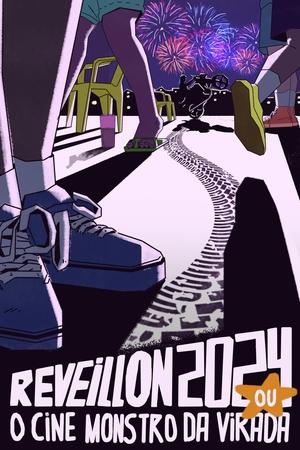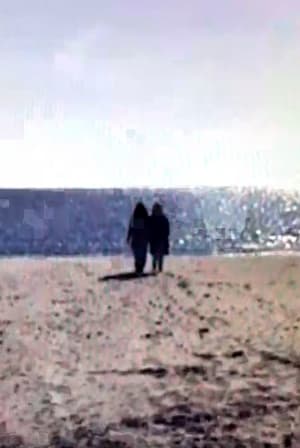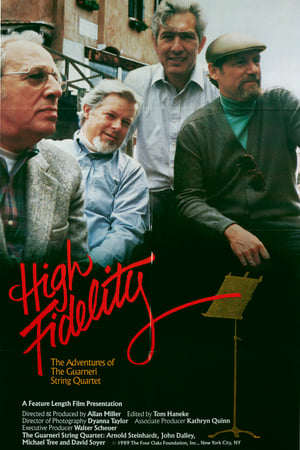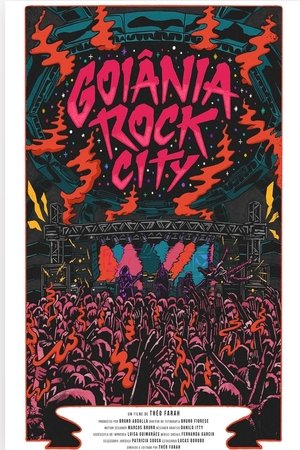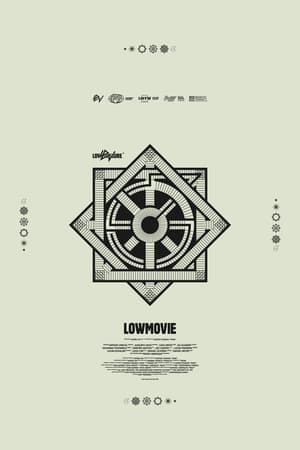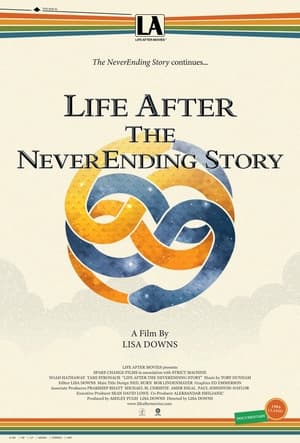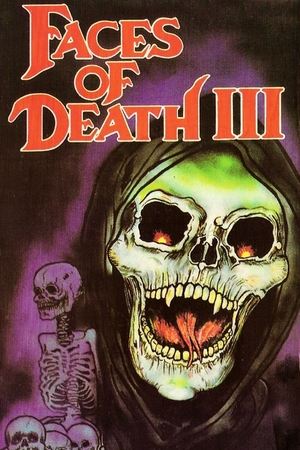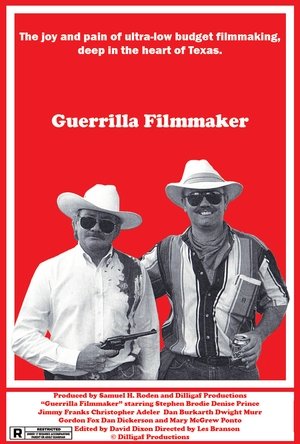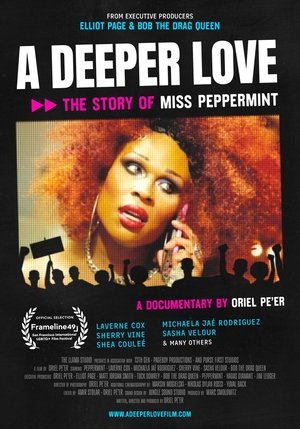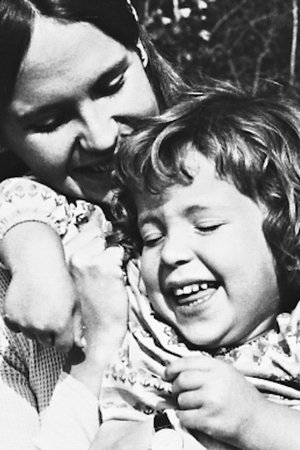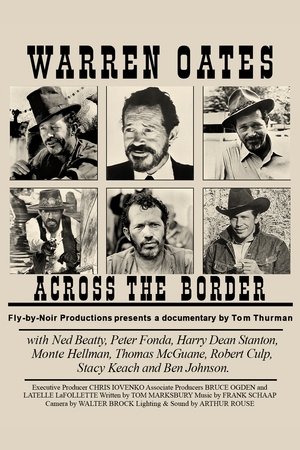Overview
The year of the first quarantine for Barcelona and Vilnius residents passed like one day. They are happy and crying because they don’t know what awaits them next. Prehistoric residents and animals come to the cities through quarantine.
Reviews
If you’re one of many fans of the cult classic "Night of The Living Dead"(1968), then you may very well find yourself loving “Biological Loneliness” feature film documentary from director Karolis Jankus who immortalized and recorded the residents of Barcelona and Vilnius during the Covid-19 pandemic. "Biological Loneliness" is about finding noises in silence, the abrupt end to ideology, and the heavy sense of an impending cataclysm that will destroy all civilization. The director abandons any attempt to show us a real pandemic, instead of people dying, and medics fighting for lives, he shows us the simple life and ordinary people still living, even when the entire world seems to have stopped still. The film opens with a shot of crawling ants, a busy social hub of life that calls back to our lives before the lockdown. We see naked prehistoric people riding an empty Barcelona subway. It is a juxtaposition of society continuing on even without the socio aspect of it. Life continues in silence. Are people talking to each other? Are they talking to us? The movie lacks cohesion, it does not welcome you with open arms, rather you have to force yourself into it, find glimpses of normality when there seems to be no normality left. A static composition, tilted shot, clumsy montage, lack of narrative coherence, flatly poetic sections involving urban landscape, machinery, and different noises – are chaotic qualities that give Jankus’ movie its strange, distinctive aura. We could ask the author why the movie uses a video camera instead of people's photos, but otherwise, we wouldn't know if they are still alive. Biological Loneliness is an undeniably strange movie, and sometimes it's hard to figure out what to make of it. The film is black-and-white and uses many contemporary art elements as black cubes and lines sometimes resembling prison bars. It's filled with irony and subtle humor but contains a serious message about the fragility and uncertainty of human existence. As an anthropologist, the cinematographer is amused by observing and studying all the people that swarm the cities. After all, it's just one day in the life of the capitals of Catalonia and Lithuania, which starts and ends without anything happening, and the movie ends, and the cities and people live on. Although I don't have all the answers, I recognize that this provocative, puzzling movie will stay with you long after the apocalyptic French music group’s Dazie Mae last chords go silent. In other words, if you like your arthouse a little less like Deconstructing Harry (1997) and a little more like the demented old movies of Jean Vigo or Luis Bunuel, then Biological Loneliness is an oddity worth experiencing. Its seriousness of composition makes the audience think of tragedy and its trick cuts and frame manipulation are closer to animation or advertisement than conventional film-making. Scenes of city life, sliced in half or doubled, superimposed or shot from stark, strange angles. Seeing "Biological Loneliness” I was reminded of the film "Season of the Witch"(2011) with Nicolas Cage and the wonderful Ron Perlman. I was reminded of the richness and detail of Europe in the early Middle Ages when the plague was reaping a deadly path through the land. I was reminded of marching crusaders and how the Devil was walking side by side with them. In Jankus’ eyes, the devil is less of an evil figure and more of a jester. He is confused, he is lost in the big city, but his radiant allure still shines through.

 66 min
66 min
 10
10
 2021
2021
 Lithuania
Lithuania
 A.Ribera wrote:
A.Ribera wrote:

